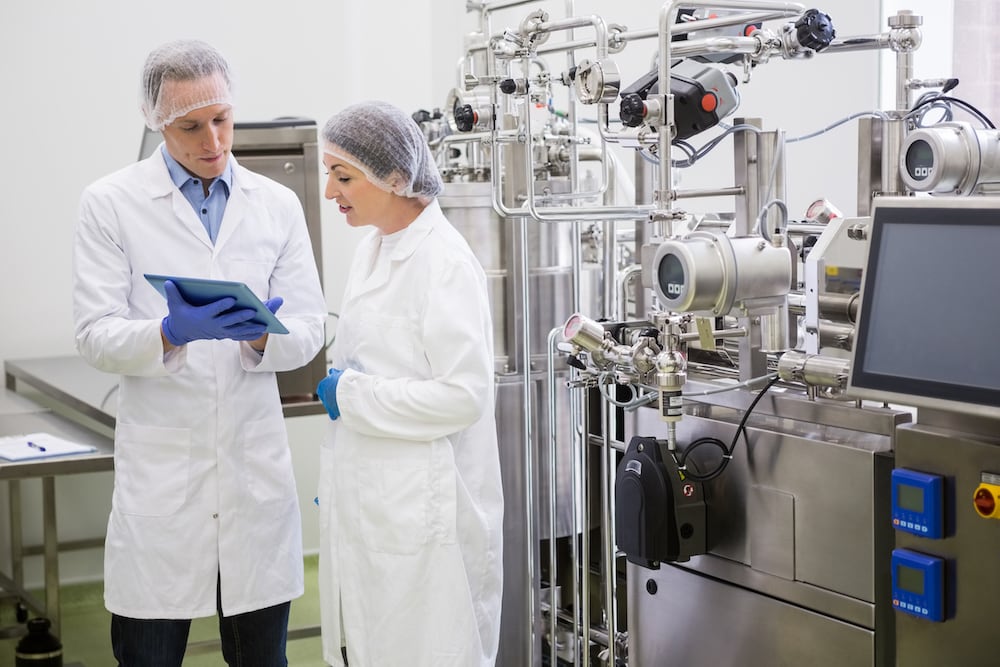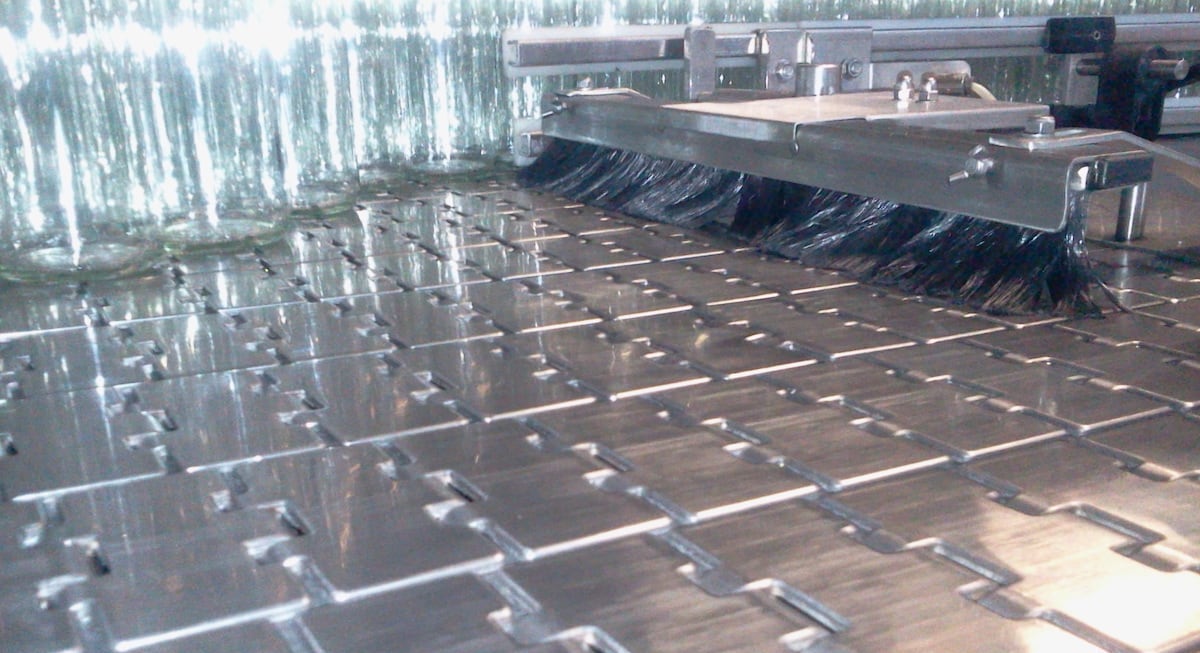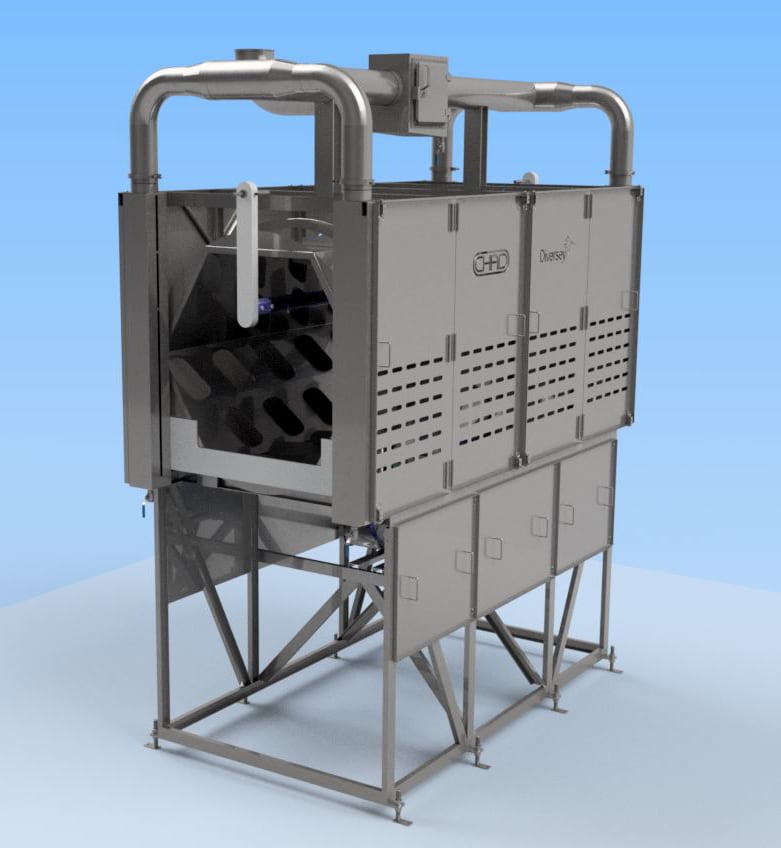Test kits are nice for doing “quick and dirty” spot checks to determine if proper concentrations of chemicals or sanitizer are being used in food and beverage plants. They are quick, inexpensive, relatively accurate and usually repeatable. Thankfully, a lot of advances have been made in test kits and rapid analysis for bacteria in the last few years. However, it’s still important to remember that the convenience and speed that comes with using a test kit just might be at the sacrifice of accuracy. In short, test kits have some limitations that can be caused by factors:
Just to name a few:
- Smaller sample size
- Variance in process (user specific)
- Expired reagents
It is important to keep in mind that test kits are not really designed to be extremely accurate. It is not uncommon to expect a plus or minus 10% or greater variation from the actual result tested in the lab. To use an analogy, test kits are usually intended to get you in the ballpark. They do not, generally speaking, tell you the section, row, and seat number. In other words, you can expect some variations with test kits from user to user, and this can be further complicated by dirty test tubes and droppers, expired reagents, and so forth.
In the case of rapid tests for bacteria, they can also be very beneficial to locate a problem quickly. But, compared to the old tests that took several days, some of the organism specificity will obviously have to be sacrificed. So, in conclusion, please keep in mind that test kits are just that – kits. It is always a very good idea to have a competent lab person verify the accuracy of test kits, just to be on the safe side.
Birko offers a wide variety of chemical and sanitizer test kits. Contact your local technical sales representative to learn more.








